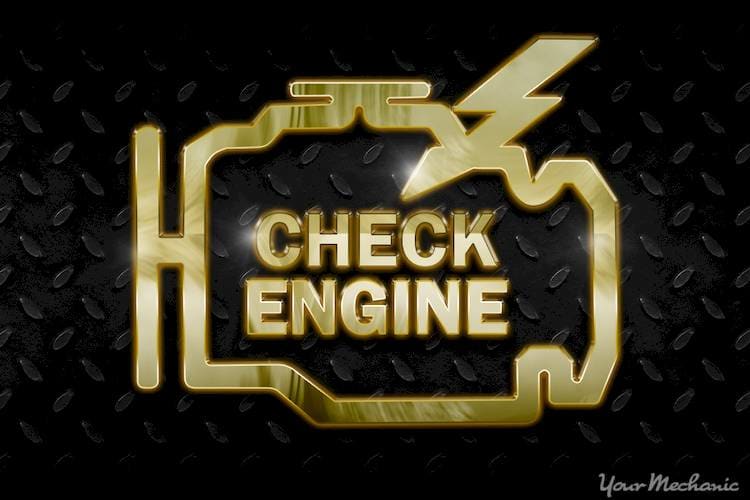P2050 code definition
The P2050 OBD-II fault code indicates the Powertrain Control Module (PCM) has detected an issue in the reductant injector air pressure sensor circuit. The reductant injector is a component which reduces toxic emissions from the catalytic converter or diesel particulate filter - depending on the vehicle’s type of engine. The issue specifically relates to the bank of the engine that possesses the number two cylinder, which can be helpful to a qualified mechanic in narrowing down where to inspect for problems.
What the P2050 code means
In the most simplistic of terms, the P2050 code indicates an open circuit detected by the PCM. This open circuit, however, is most likely produced by a malfunction in the operation of the catalytic converter (or diesel particulate filter in a diesel-powered engine). Such a malfunction affects the quality of fuel mixture.
What causes the P2050 code?
An issue with the operation of the catalytic converter or diesel particulate filter triggers an open circuit signal from the reductant injector on the bank of the engine housing the number two cylinder. When the PCM detects this signal, it registers the P2050 code and turns on the Check Engine Light on the vehicle’s dashboard.
What are the symptoms of the P2050 code?
Once the P2050 code triggers the Check Engine Light to illuminate, the vehicle may display the following symptoms:
- Black smoke emitted when the vehicle accelerates
- Reduced fuel efficiency
How does a mechanic diagnose the P2050 code?
A mechanic must first verify the existence of the P2050 OBD-II trouble code with the use of a specialized scan tool. This tool connects to the PCM and collects an array of data that helps to determine the validity of the code and point to the most likely cause. Unlike the scan tools available in auto parts stores, this particular tool is more accurate, has a broader scope, and is solely distributed to certified technicians for use.
Such a certified technician may also perform a manufacture pinpoint test or repeat scans under different driving circumstances to gain further insight into the nature and severity of the problem.
Common mistakes when diagnosing the P2050 code
While making a diagnosis after the P2050 code has registered, the most common mistakes a technician may make are:
Not verifying the reductant injector air pressure sensor circuit is open
Failing to perform a thorough visual inspection of the catalytic converter or diesel particulate filter and related components
Forgetting to clear the P2050 OBD-II trouble code once the issue has been repaired
Mistaking the oxygen sensor for the exhaust gas temperature sensor and replacing the wrong component
How serious is the P2050 code?
While a vehicle can still run once the P2050 code has registered, the fuel mixture is less than ideal. This can produce unwanted pollutants and greatly reduce fuel efficiency.
What repairs can fix the P2050 code?
Once a trained technician has validated the P2050 code with a specialized scan tool, the following repair(s) may be in order:
- Repairing a leak in the exhaust system
- Replacing damaged connectors, terminals, or wiring associated with the reductant injector
- Replacing the exhaust gas temperature sensor
Whenever an OBD-II trouble code, such as P2050, registers, diagnosing the nature and cause of the code can take up to several hours. After the code is verified by a certified mechanic using a specialized scan tool, multiple tests may be in order along with a visual, hands-on inspection. Also, once repairs have been made, the mechanic should test drive the vehicle and perform another scan to ensure the problem has been resolved.
Need help with a P2050 code?
YourMechanic is able to connect you with a certified mechanic capable of diagnosing and repairing your vehicle. That mechanic can also travel wherever needed, including your home or office, for your convenience. Receive a quote and book your appointment online or discuss the situation with a service advisor at 1-800-701-6230.
Check Engine Light
trouble codes
P2050





